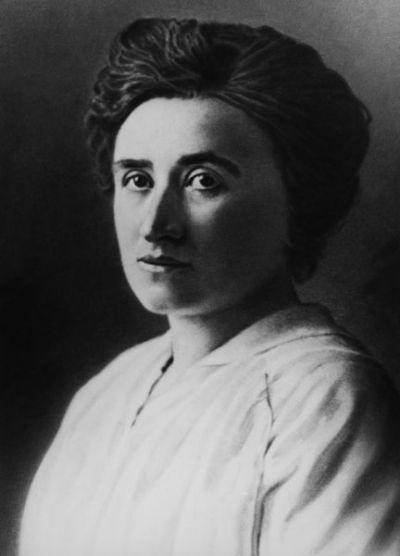Ewa Maria Slaska and „Wyspa“

Ewa Maria Slaska in 2014
©
Photo: Krystyna Koziewicz Source: Archiv von Ewa Maria Slaska
Biographical data :
- Ewa Maria Slaska was born on 2nd September 1949 in Sopot (Poland).
- 1967 - 1968 Reads Polish studies at the Educational High school in Danzig
- 1968 - 1970 Reads ethnography and ethnology at the Adam Mickiewicz University in Poznan
- 1970 - 1974 Reads archaeology at the Adam Mickiewicz Universität in Poznan
- 1974 - 1976 Lecturer in Early History at the Adam Mickiewicz Universität in Poznan
- from 1974 Freelance journalist
- 1979 Receives a grant for cultural workers in Rome (Italy)
- since 1979 Actively involved in the Polish opposition movement
- 1981 Editor of “My” (We) the weekly magazine published by “Solidarność“ in Danzig
- 1981 Literary book debut “Portret z ametystem“ (Portrait with Amethyst)
- 1983 - 1985 PR officer for Format, the Association of Designers in Danzig
- 1985 Emigrates to West Berlin
- 1985 Her novel “Dochodzenie“ (Investigation) is published by the renowned exile publisher “Kultura“ in Paris
- 1986 Her application for asylum is granted
- 1986 Receives an artists grant from the Berlin Senate
- 1985 - 1988 Founder and head of the Polish independent television programme “Wyspa“/the Island) for the Open Channel Berlin
- 1987 - 1994 Social worker for the German Red Cross in Berlin
- 1994 Receives an artists grant from the Berlin Senate; project coordinator for the German-Polish Society; founder of the Society for the Promotion of German-Polish Literature “WIR“; editor-in-chief of the literature edition “WIR“ (till 2013)
- since 1994 Freelance journalist, translator and project organiser
- 1995 - 1996 Lecturer in life skills for the Humanist Association Germany
- 1995 - 1999 Worker and head of the project “German-Polish Poets’ Steamship”
- 1998 - 1999 Project coordinator – New Society for Literature (Poets’ Steamship, Fairytale Days)
- 1999 Regular employment with SFB 4 MultiKulti in Polish and with the newspaper “Kurier Szczecinski“; receives her first UNESCO grant for writers – stay in the Writers and Translators House in Rhodes (Greece)
- 2000 - 2001 Trains as a lecturer in New Media at the German Business Further Training Academy
- 2000 Second UNESCO grant for writers – in Rhodes (Greece)
- 2001 Works on the project “Coming-Going-Staying” in Gubin; third UNESCO grant for writers – stay in the Writers and Translators House in Visby (Sweden)
- 2001-2006 Project head, PR and web design for the Kreuzberg Musical Action group
- 2003 6th German-Polish journalist prize; fourth UNESCO grant for writers in Rhodes (Greece)
- 2004 Organises the Polish Days within the framework of the Sixth International Literature Festival Berlin (ilb); helps create the art project “StarterKompakt – Polish for Beginners“
- 2005 PR coordinator for the German-Polish project “Paths to the Future. An archaeological Festival in the museum village of- Düppel” - a project for the German-Polish year 2005/2006
- 2006 Her novel “Piękne dni w Visby“ (Fine Days in Visby) is published by “Prószynski & Ska“ in Warsaw
- 2007 - 2009 Project worker at the Polish Academy of Sciences in Berlin
- 2007 - 2014 Project worker for “Urban Partner Stettin”, and deputy chair
- 2008 - 2010 Evaluator in the integration project for SPI-Berlin and the German Ministry of Labour and Social Services
- 2009 - 2011 Coordinator for the federal project “Diversity feels fine”
- 2012 - 2013 Translator for Bertelsmann and Chal-Tec
- since 2012 Administrator and editor-in-chief of a blog mainly dealing with cultural and social matters in German, Polish and English (ewamaria2013); actively involved in the work of a working party on “Church Forced Labour Camps”
- 2013 Worker and writer for the exhibition entitled “The Beauty of the Blind”; curator of the German-Polish exhibition “Polish Graves in Berlin and German Graves in Stettin” (Berlin June/July and Stettin August/September)
- 2014 Work on her book “My Family – the Lives of Eight Generations of Assimilated Jews in Poland and Elsewhere”; academic work (lectures, congress appearances, publications) on the theme of Poland and Jews in the First World War





